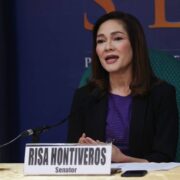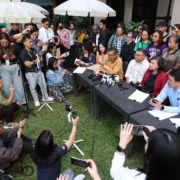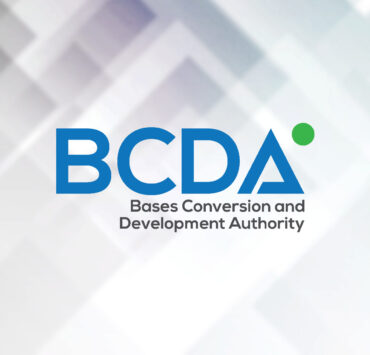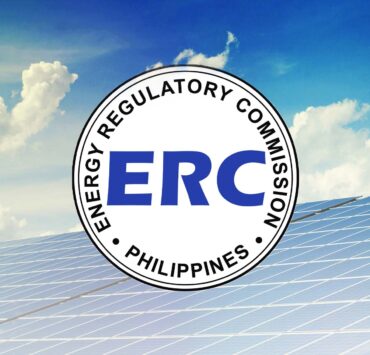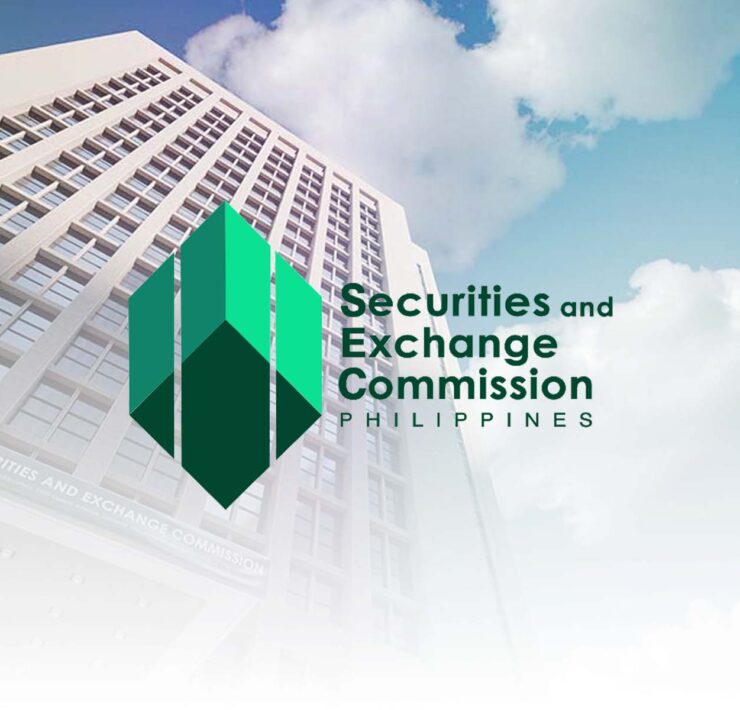SEC lists reforms to boost REIT regulation
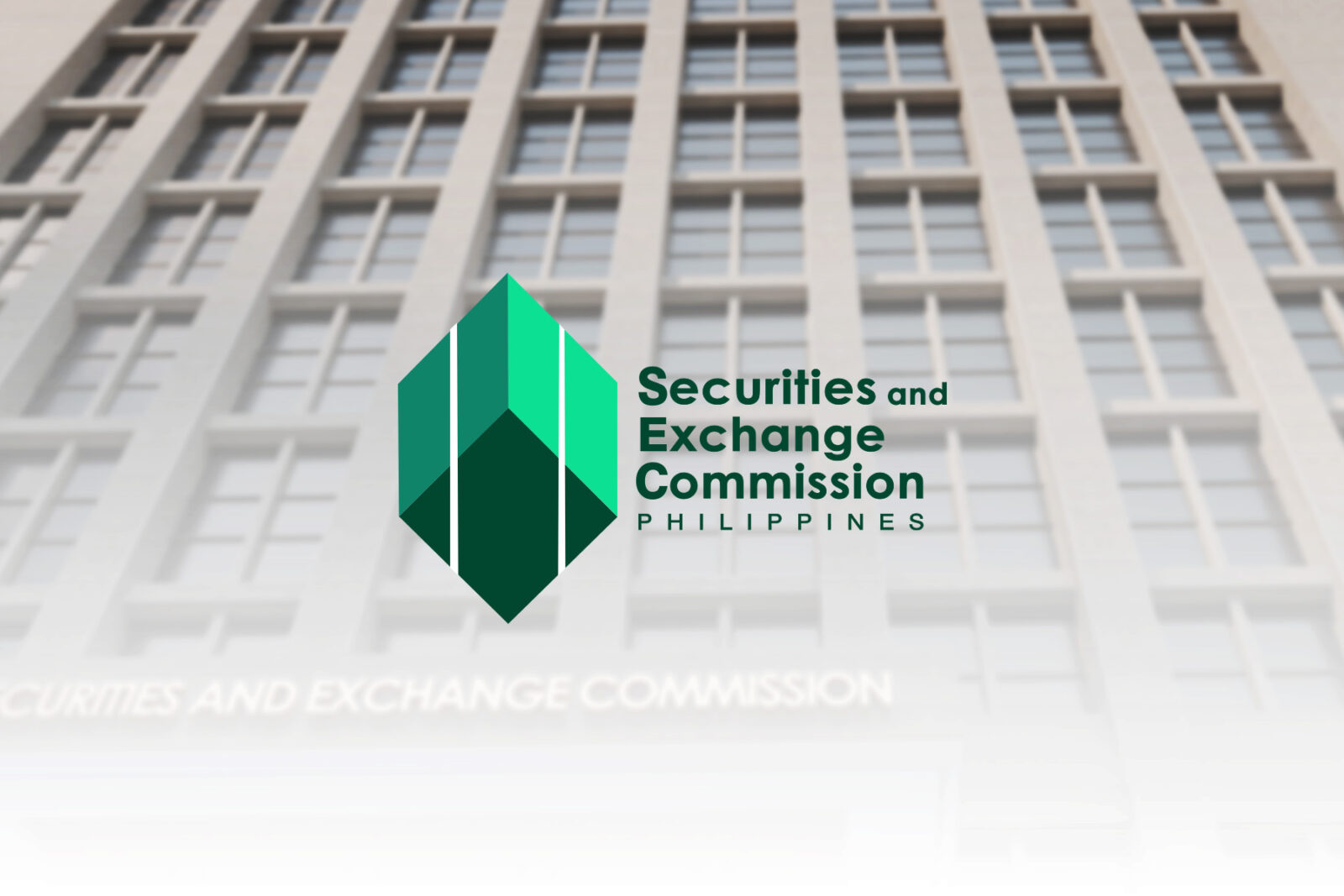
Faster capital recycling via real estate investment trusts (REIT) is anticipated with the Securities and Exchange Commission (SEC) pushing for major changes in the rules governing the asset class.
Upcoming reforms include the conditional easing of the minimum public ownership requirement and reinvestment proceeds. They also include more assets in the framework. These include real estate used for transportation and telecommunication businesses.
REITs are corporations that invest in income-generating real estate assets, like malls, office buildings and renewable energy power plants.
“The proposed reforms will help ensure that the REIT framework remains robust and responsive to evolving market needs, thereby enabling the real estate sector to unlock more capital that will further support their growth and contribute more to the development of our economy,” SEC chair Francis Lim said.
Under the SEC draft circular released on Nov. 18, the regulator seeks to ease the minimum public ownership requirements, allowing for a “temporary dip” from the required 33 percent.
However, this should be cleared by the SEC and the Philippine Stock Exchange once they submit their plan and timeline to return to the mandated public float or the portion of the firm owned by the investing public.
Aside from this, the SEC targets to extend the period for the utilization of reinvestment proceeds to two years from the previous one year.
Key assets in the transportation and telco sectors are also on the table for inclusion in REITs, as regulators proposed to broaden the scope of income-generating properties under the REIT Act of 2009.
Soon, REIT investors may add other assets to their portfolio, which may include toll roads, railways, airports or air navigation facilities, ports, information and communications technology infrastructure, energy infrastructure and data centers, among others.
Existing REITs in the Philippines include the Ayala group’s AREIT Inc., Citicore Energy REIT Corp., Filinvest REIT Corp. and the Gokongwei group’s RL Commercial REIT Inc.
The SEC hopes to get public comments on the draft rules by Dec. 3.





